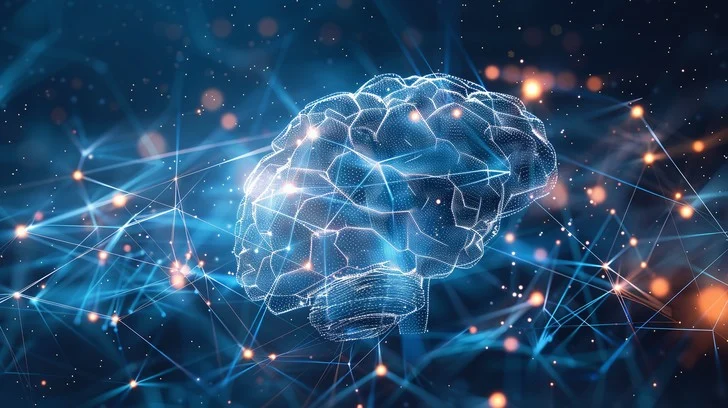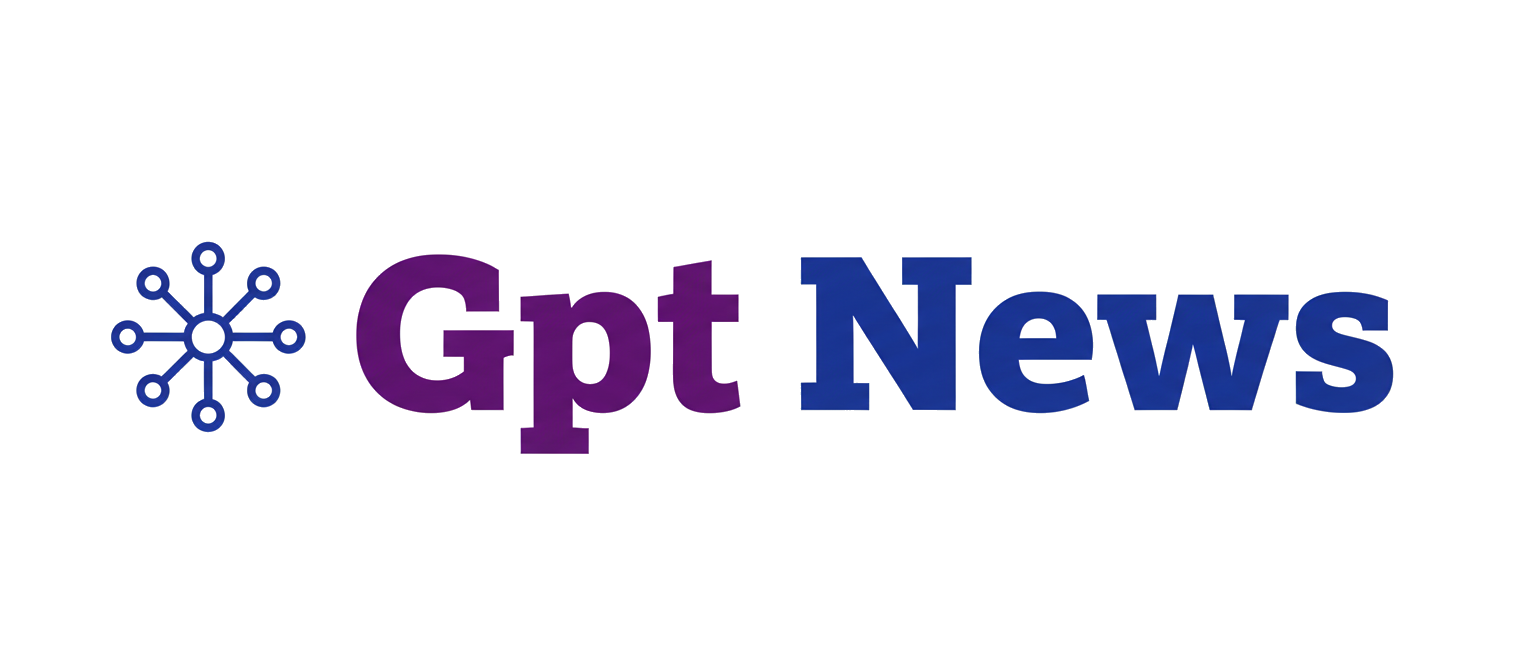
Beyond General Intelligence: The Rise of Specialized AI and the Future of GPT Research News
The relentless pace of artificial intelligence development has been largely defined by the remarkable progress of large-scale, general-purpose models. From GPT-3.5’s debut to the sophisticated capabilities of GPT-4 and the immense anticipation surrounding GPT-5, the narrative has been one of building ever-larger, more versatile “digital brains.” This GPT models news has captivated developers, businesses, and the public alike. However, a significant new trend is emerging from the cutting edge of AI research, one that challenges the “one-model-to-rule-them-all” paradigm. A new class of specialized AI systems is being engineered to outperform even the most advanced foundational models in specific, high-stakes domains. These niche models, focused on tasks like deep web intelligence, medical diagnostics, and financial analysis, signal a pivotal shift in the AI landscape. This article delves into the burgeoning field of specialized AI, exploring the technical underpinnings of their superior performance, their real-world implications, and what this specialization means for the future of the entire GPT ecosystem.

The Generalist’s Reign: The Power and Pitfalls of Foundational Models
The current era of AI is built upon the success of foundational models. These massive neural networks, exemplified by OpenAI’s GPT series, are trained on colossal, diverse datasets scraped from the public internet. This approach has created models with an unprecedented breadth of knowledge and a remarkable ability to generate human-like text, write code, and engage in creative tasks. The latest ChatGPT news constantly highlights new capabilities, from advanced reasoning to multimodal understanding, solidifying their role as powerful generalist tools.
The Unprecedented Versatility of GPT Architectures
The core strength of models like GPT-4 lies in their versatility. By learning patterns from trillions of words and images, they can adapt to a vast array of prompts without needing task-specific training. This has fueled a boom in GPT applications news, with use cases spanning nearly every industry. In content creation, they draft articles and marketing copy. In software development, GPT code models act as powerful assistants, debugging and generating boilerplate code. This generalist approach has democratized access to AI, allowing developers to leverage powerful GPT APIs to build a wide range of applications, from simple GPT chatbots to more complex GPT assistants. The continuous stream of GPT-4 news and GPT-3.5 news shows how these models are being integrated into everyday software, becoming a fundamental layer of the modern technology stack.
The Achilles’ Heel: Where General Models Falter
Despite their impressive breadth, the “jack-of-all-trades, master-of-none” nature of generalist models is becoming increasingly apparent in specialized fields. Their training on the open internet, while vast, is also a limitation. They struggle with information that is proprietary, behind paywalls, or exists in structured databases not easily indexed by web crawlers—the so-called “deep web.” This leads to several critical pitfalls:
- Accuracy Ceilings: For high-stakes tasks in finance, law, or medicine, “mostly correct” is not good enough. General models can hallucinate facts, misinterpret nuanced jargon, and lack the deep, contextual understanding required for expert-level analysis. Recent GPT benchmark news often shows them excelling in general knowledge but lagging in domain-specific accuracy tests.
- Data Freshness and Verifiability: Foundational models have a knowledge cut-off date and cannot access real-time, proprietary data streams. This makes them unsuitable for tasks requiring up-to-the-minute information, such as algorithmic trading or supply chain monitoring.
- Bias and Noise: Training on the unfiltered internet means these models inherit its biases and noise. The latest GPT bias & fairness news and GPT safety news highlight ongoing research to mitigate these issues, but for domains requiring pristine, unbiased data, this remains a significant hurdle.
Anatomy of a Specialist: How Niche Models Achieve Superior Performance
The new wave of specialist AI models is being engineered from the ground up to overcome the limitations of their generalist counterparts. Their superior performance isn’t magic; it’s the result of deliberate architectural choices, highly curated datasets, and sophisticated training techniques. This is where the most exciting GPT research news is now focused.

Curated Datasets and Advanced Fine-Tuning
The single most important differentiator for specialist models is the data they are trained on. Instead of the entire public internet, these models are fed a diet of high-quality, domain-specific information. This is a core topic in GPT datasets news. For example, a legal AI would be trained on terabytes of case law, legal journals, and annotated contracts, while a medical AI would ingest clinical trial data, genomic sequences, and peer-reviewed medical research. This focused training is often combined with advanced GPT fine-tuning news and techniques. While standard fine-tuning adapts a pre-trained model to a new task, deep specialization involves multi-stage training processes, including continued pre-training on a domain-specific corpus before task-specific fine-tuning. This allows the model to learn the unique vocabulary, relationships, and reasoning patterns of its field, moving beyond surface-level pattern matching to genuine domain expertise. The development of GPT custom models for enterprise use is a direct application of this principle.
Optimized Architectures and Retrieval Mechanisms
Specialist models aren’t just about better data; they often feature optimized architectures. The latest GPT architecture news suggests a move away from simply scaling up models. Instead, researchers are exploring more efficient structures. Specialist models may be smaller, which improves GPT inference news metrics like latency and throughput, making them cheaper to run and faster to respond. This GPT efficiency news is critical for real-time applications. Techniques discussed in GPT compression news, such as GPT quantization and GPT distillation, are used to create lean yet powerful models.
Furthermore, many of these systems are built around a hybrid approach, most notably Retrieval-Augmented Generation (RAG). While RAG is a common technique, specialist systems supercharge it by connecting not to a static vector database, but to live, proprietary data sources. An AI for financial analysis might use RAG to query real-time market data from a Bloomberg Terminal API or internal research notes before generating its analysis. This ensures the output is not only accurate but also current and verifiable, directly addressing a key weakness of static, general-purpose models. This is a major theme in GPT integrations news, as models become conduits to specialized knowledge bases.
Putting Theory into Practice: The Tangible Advantages of Specialization
The theoretical advantages of specialized AI translate into concrete, measurable performance gains in the real world. While a general model might provide a plausible-sounding answer, a specialist model delivers verifiable, actionable insights, a difference that can be worth millions of dollars or even save lives.
Case Study: Deep Web Intelligence for Financial Analysis
Consider a scenario where an investment firm is evaluating a manufacturing company. They task two AI systems with identifying potential supply chain risks.
- GPT-5 (Generalist): The model scours public news articles, press releases, and SEC filings. It produces a well-written summary identifying commonly known risks, such as geopolitical tensions in a region where the company has a factory. Its analysis is solid but based entirely on public information.
- “Fin-AI” (Specialist): This model, a key player in GPT competitors news, is connected to specialized data streams. It cross-references shipping manifests, customs data, and subscription-based reports on sub-component suppliers. It discovers that a key, second-tier supplier of a critical microchip is facing financial distress—information not available in any public news source. It quantifies the potential impact on production and flags it as a high-priority risk.
In a head-to-head benchmark designed to identify non-public, verifiable risk factors, the specialist “Fin-AI” achieves a 58% accuracy rate, while the generalist GPT-5, despite its vast knowledge, only reaches 41%. This gap represents the tangible value of specialization. This is the kind of GPT in finance news that is reshaping quantitative analysis and due diligence.
Beyond Finance: Applications in Healthcare and Legal Tech
This pattern repeats across other high-stakes domains. The latest GPT in healthcare news reports on models trained exclusively on radiological images and patient records that can detect signs of disease with greater accuracy than human radiologists. These models represent a major advance in GPT vision news and GPT multimodal news. Similarly, GPT in legal tech news showcases AI systems that can perform document review for litigation (e-discovery) in a fraction of the time and with higher accuracy than teams of paralegals, because they have been meticulously trained on legal-specific language and precedents. These applications are not just about efficiency; they are about fundamentally improving the quality and reliability of expert work.
Navigating the Evolving AI Landscape: A Hybrid Future
The rise of specialized AI does not spell the end for foundational models like GPT-5. Instead, it signals the maturation of the AI ecosystem into a more diverse and collaborative environment. The future is not a competition but a coexistence, where different types of models play to their strengths.
Best Practices for Adopting Specialized AI
For organizations looking to leverage AI, the key is to develop a hybrid strategy. It’s not about replacing one tool with another, but about building a sophisticated AI toolkit. Here are some actionable tips:
- Map Workflows to Models: Use powerful generalist models via GPT APIs for broad, creative, and low-stakes tasks like drafting internal communications, brainstorming marketing ideas, or summarizing meetings. The latest GPT in marketing news and GPT in content creation news is filled with such examples.
- Identify High-Stakes Niches: Pinpoint the critical business functions where accuracy, verifiability, and deep domain knowledge are non-negotiable. These are the areas to invest in or procure specialized AI solutions.
- Prioritize Integration: The most effective AI strategy will involve seamless integration. Look for specialist tools that offer robust APIs and can be plugged into existing workflows. The growth of GPT plugins news and the broader GPT platforms news indicates that interoperability is becoming a key focus for the entire GPT ecosystem.
- Consider Deployment Needs: For applications requiring low latency or data privacy, explore options in GPT edge news, where smaller, specialized models can be deployed directly on local hardware.
The Outlook for OpenAI and Foundational Model Providers
This trend actually reinforces the importance of foundational model providers like OpenAI. Their role may evolve from being the sole provider of intelligence to being the primary enabler of it. The future of OpenAI GPT news may focus less on singular model releases and more on the tools and platforms that allow others to build on their architecture. This includes providing state-of-the-art base models for fine-tuning, investing in GPT open source news initiatives, and creating frameworks that make it easier to build and deploy custom, specialized agents. As GPT regulation news and GPT privacy news become more prominent, providing secure and compliant ways to create specialist models will be a major competitive advantage.
Conclusion
The conversation around AI is expanding beyond the monolithic power of general-purpose models. While the GPT-5 news will undoubtedly continue to generate excitement for its broad capabilities, the most impactful and transformative AI applications in the coming years will likely come from the specialist camp. These models, engineered for precision and depth, demonstrate that in fields where expertise is paramount, a curated, focused approach to AI development yields superior results. The key takeaway for businesses and developers is that the future of AI is not about finding the one perfect model, but about orchestrating a diverse ecosystem of both generalist and specialist AIs. This hybrid approach, combining the breadth of foundational models with the depth of domain-specific experts, will be the true engine of innovation, solving our most complex challenges with unprecedented accuracy and insight. The latest GPT trends news is clear: specialization is the next frontier.



